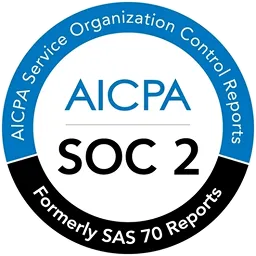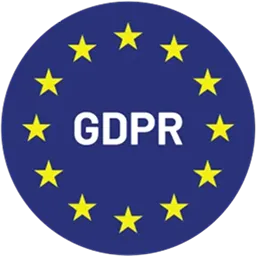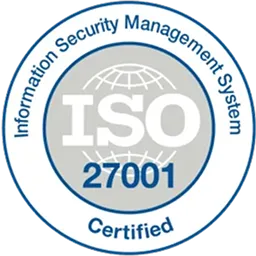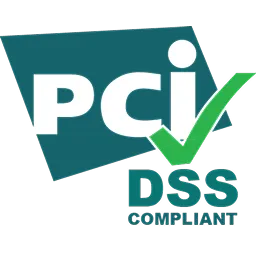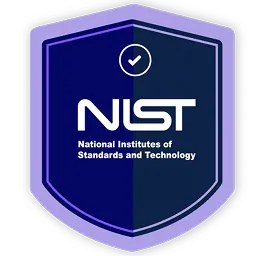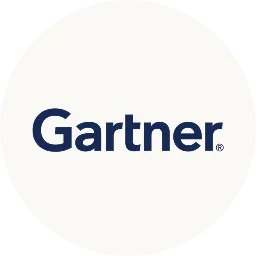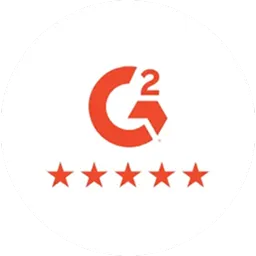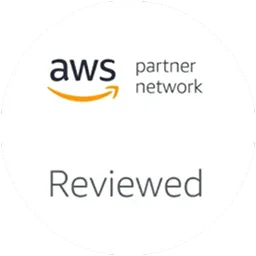The security of an organization's data plays a critical role in determining its success. While the need for a secure digital environment for data sharing and collaboration is increasingly important, the most crucial factor to consider is choosing an identity and access management (IAM) tool.
However, for choosing the right identity and access management (IAM) tool, IT teams must consider a few key points, helping them to evaluate the various tools.
IT teams require an IAM (Identity and Access Management) tool for modern business operations' increasing complexity and security demands. With the rise of remote work, cloud computing, and multi-vendor environments, managing identities and permissions for employees, customers, and partners has become a critical and ongoing challenge for IT teams.
An IAM tool helps centralize identity and access management, automate manual processes, enforce security policies, and provide real-time visibility into user activity.
IAM tools can help IT teams in several ways:
- Streamline user onboarding and offboarding by automating account creation and termination processes.
- Reduce security risks by enforcing strong password policies, detecting suspicious behavior, and providing real-time audit trails.
- Improve productivity by reducing time spent on manual tasks and providing users with self-service access to their needed resources.
- Enhance compliance by providing auditable user activity records and ensuring industry regulations adherence.
Moreover, an IAM tool provides a secure platform for organizations to manage their digital identities and access control. Therefore, choosing the best IAM tool for an organization requires careful consideration of various factors such as cost, scalability, usability, and security.
This article will discuss various ways to choose the best IAM tool for an organization.
How to Choose An Identity and Access Management (IAM) Tool
When evaluating IAM solutions, organizations should consider the following factors to ensure they select the right tool for their specific needs.
1. Identify specific business requirements
One of the essential considerations while choosing an IAM tool is identifying the specific business requirements. Understanding your organization's unique needs and goals is crucial to make an informed decision. This can include factors such as the size of your organization, the complexity of your IT infrastructure, and the level of security you require.
By identifying specific business requirements, you can ensure that the IAM tool you choose is tailored to meet your organization's needs. This means the tool will be optimized for your specific use case, providing a more efficient and effective solution. It also means you can avoid purchasing features you do not need, saving your organization time and money.
Also, considering business requirements can help streamline IT operations. By choosing an IAM tool tailored to meet your organization's needs, IT teams can focus on other essential tasks, such as maintaining the IT infrastructure, managing user accounts, and monitoring security. This can reduce the workload of IT teams, freeing up time and resources for other essential projects.
2. Check whether the tool can be integrated with your existing systems
Integration with existing systems is crucial when choosing an IAM tool for your organization. Integrating the IAM tool with your existing systems can streamline your workflow, reducing the time and effort required to manage identity and access. As a result, IT teams can focus on more strategic tasks rather than spending time on manual, time-consuming processes.
Integration with existing systems can also improve data management. By having a centralized source of user identity data, you can ensure that user data is accurate and up-to-date. This can reduce the risk of errors and ensure that user data is available when needed.
Additionally, integration with existing systems can lead to cost savings. You can reduce the time and resources required to manage identity and access by eliminating the need for manual processes and multiple systems. This can free up the budget for other important projects, allowing your organization to focus on growth and innovation.
3. Evaluate whether the tool meets your security and compliance requirements
As businesses adopt digital transformation and cloud technology, the need for a robust IAM solution has become imperative. Choosing the right IAM tool is a critical decision that can impact the security of an organization's IT infrastructure.
In today's threat landscape, where data breaches and cyber-attacks are rising, security is a top priority for any organization. As a result, an IAM tool must have robust security features to protect against unauthorized access and prevent data breaches. The security features that an IAM solution should offer include:
- Multi-factor authentication.
- Role-based access control.
- Data encryption.
- Real-time monitoring and alerting.
Evaluating an organization's security needs will help IT teams identify the specific security requirements and select an IAM tool that meets those requirements.
For instance, if an organization operates in a highly regulated industry such as finance, healthcare, or government, it may have more stringent security requirements compared to other industries. In such cases, the IT teams should look for an IAM tool that has been certified by relevant regulatory bodies and meets industry-specific security standards.
4. Check how scalable the solution is
When it comes to choosing an IAM tool for your organization, scalability is a critical factor to consider. As businesses' technology needs to evolve as they grow, selecting an IAM tool that can accommodate these changes and growth is important.
A scalable IAM solution will ensure that the organization is not limited by its technology as it grows, allowing IT teams to easily add new users, systems, and applications to the IAM infrastructure. Also, it enables organizations to add new functionalities and features as they become necessary. This means that IT teams can continue using the IAM tool even as the organization's requirements change over time without switching to a new solution.
Moreover, scalability helps organizations avoid the costs and complexities of migrations and re-implementations. An IAM tool that can scale as the organization grows will help IT teams save time and resources and allow them to focus on other vital projects.
Opt For Zluri To Enhance Your Identity & Access Management
Organizations face many challenges when managing their identity and access. With Zluri, companies can streamline and simplify these processes, ensuring secure and efficient access control.
Zluri is a leading SaaS management platform offering a comprehensive identity and access management solution. It is a highly scalable solution with cutting-edge security features such as multi-factor authentication, encryption, and audit trails. These features ensure that user data is protected and that access to sensitive information is tightly controlled.
Also, with Zluri, organizations can automate many manual tasks related to identity and access management, like provisioning and deprovisioning, freeing up the IT teams to focus on more important tasks. This results in increased productivity and efficiency for the organization.

Additionally, with its powerful analytics and reporting capabilities, organizations can gain valuable insights into user behavior and make informed decisions to improve security further. By opting for Zluri, organizations can enhance their identity and access management, improve security and productivity, and drive their business forward.
Further, schedule a demo today to explore more about Zluri's identity and access management capabilities.






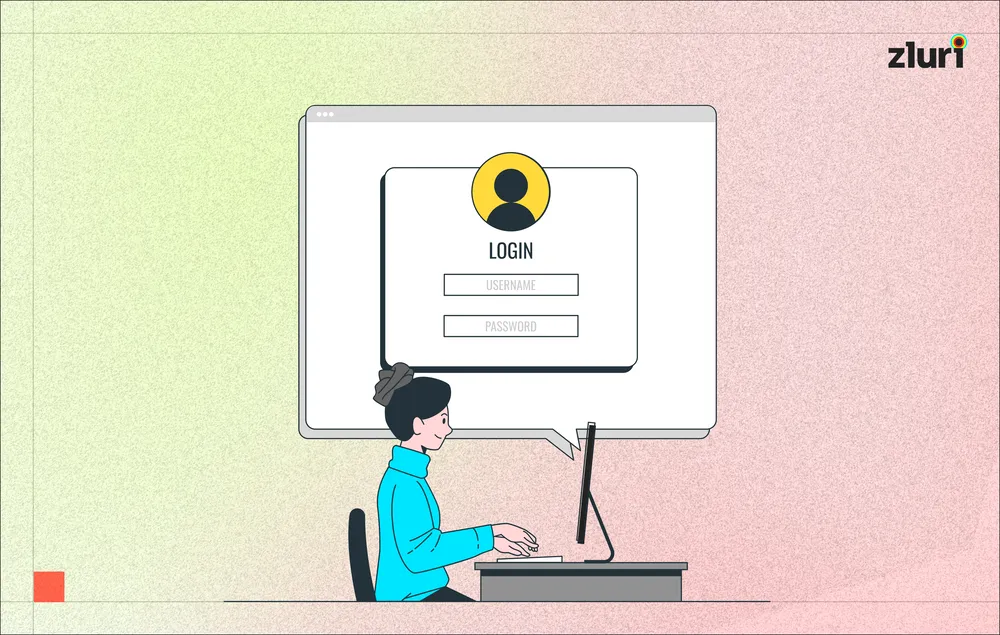
.png)

.svg)



